
Developer: Chopin et al.
Publisher: Hyperstrange
Platform: Switch, PC
Tested on: Switch
EQI – Review
A couple of months ago, developer Chopin et al. released EQI as a free title on Steam. In the words of the developer, EQI offers up a trippy first-person arcade game with spatial puzzles and a synthwave soul. Fast forward a few months, and EQI has arrived on the Switch, courtesy of publisher Hyperstrange. The caveat is that the Switch port is a paid title. Is the portability factor worth the price of entry or should you stick to playing the game for free on PC?
Story
There’s no story whatsoever to be found in EQI.
Graphics
Although EQI might not have the most impressive visuals, there is something appealing about the minimalistic approach that developer Chopin et al. went for. The game’s graphics consist of little more than square and rectangular glowing objects that either float around in a featureless void or that form claustrophobic chambers. EQI’s world feels alien and otherworldly as a result, although it also can be difficult to navigate the rooms as all parts of a room look alike. The graphics only really make sense if you see them in motion; so if you’re confused about what exactly is going on in the screenshots here, that’s completely normal. The game’s graphics shouldn’t be too taxing on your hardware, be it Switch or PC, and there are no performance or frame rate issues as a result.
Sound
EQI’s synthwave soundtrack is one of the game’s biggest claims to fame, up to the point that the eShop lists it as a unique selling point and that it’s available as a separate purchase on Steam. The OST fits the mysterious and otherworldly nature of the game and helps in selling the atmosphere, but doesn’t do enough to differentiate itself and stand out from the ocean of synthwave music out there. We didn’t feel like it was worth revisiting after we finished playing the game. That said, EQI only relies on the bare minimum of sound effects and has no voice acting, so without the OST, the soundscape would be very empty.
Gameplay
EQI is a spatial puzzler that is played in a first-person perspective. Each puzzle is presented as a room with one or more obstacles that you need to overcome to reach a glowing portal at the end. Upon puzzle competition, you move on to the next room, with each room offering up a slightly more difficult challenge. EQI offers up just over 20 stages, but none of these takes more than a few minutes to complete once you know what to do, and the entire game can be completed in under an hour. The overall concept is vaguely reminiscent of the Portal series, albeit executed in a far more primitive way.
EQI relies on trial and error, and expects you to figure out everything for yourself. This is especially apparent during the first few rooms, which act as tutorials as they gradually introduce the core concepts of the game. You only get the briefest explanation about how to move and jump when this becomes relevant, but the game doesn’t tell you which of the glowy things you encounter are harmful and which ones are actually necessary to complete the puzzle. The general rule of thumb is that the red glowy things are bad and the green and yellow glowy things are good, but we imagine the majority of anyone playing EQI for the first time will figure that out by running head-first into the red cube on the second stage.
Although the puzzles themselves never really get overly difficult to figure out, the game does throw you a curveball through perspective. The narrow corridors of the early rooms make for a claustrophobic experience and it can be difficult to find your bearings because everything feels a bit too zoomed in. EQI switches things up in later stages, where the diminutive rooms are replaced by platforms floating in a featureless void. Even so, the game keeps you on your toes at all times, and continuously feels disorientating. The game’s unique selling point is the ability to “shift” the world around you, which in practice means you’ll be rotating it at a 90-degree angle. By doing so, you create new pathways around you or are able to drop down onto platforms you couldn’t reach before.
Shifting can be tricky though, as it may cause you to fall into the void or onto a deadly red platform. Sometimes the areas you need to shift towards aren’t visible until you rotate the world around you either, or require you to shift while you are falling or jumping. While this means that it can sometimes take you a few tries to figure out how to clear a stage, EQI never feels unfair. Add to this that you have infinite lives and that respawning happens nearly instantaneously and you’re looking at a puzzle title that offers a much more relaxed approach gameplay-wise than what you’d expect from the visuals and soundtrack.
Should you wish to give EQI a spin, we highly recommend that you steer clear from the Switch version, however. Not because there is anything inherently wrong with the port, as EQI performs exactly as it should, but simply because the Steam version of the game is completely free, whereas the Switch port will set you back €4.99. That’s not a lot of money unless you keep in mind that EQI is painfully short. As we said earlier, the game only offers up about an hour’s worth of gameplay, and if you’re speedrunning it, you’ll be able to get it done in under 15 minutes, although that does require becoming familiar with the game beyond a single playthrough. The game has almost zero replay value for anyone not looking to improve their speed record either, so with a free version available, there is little point in shelling out unless you absolutely want to be able to play EQI anywhere.
Conclusion
There isn’t anything inherently wrong with EQI as a game, although it’s woefully short. It’s a decent puzzler that plays it safe and does what it sets out to do well enough to be worth a look at. Even so, EQI never really finds its footing and fails to really hook the player. If you’re looking for a timewaster, give the free Steam version a go, but if you’re looking to spend €4.99 on the Switch eShop, there are better options out there.
EQI - Review,
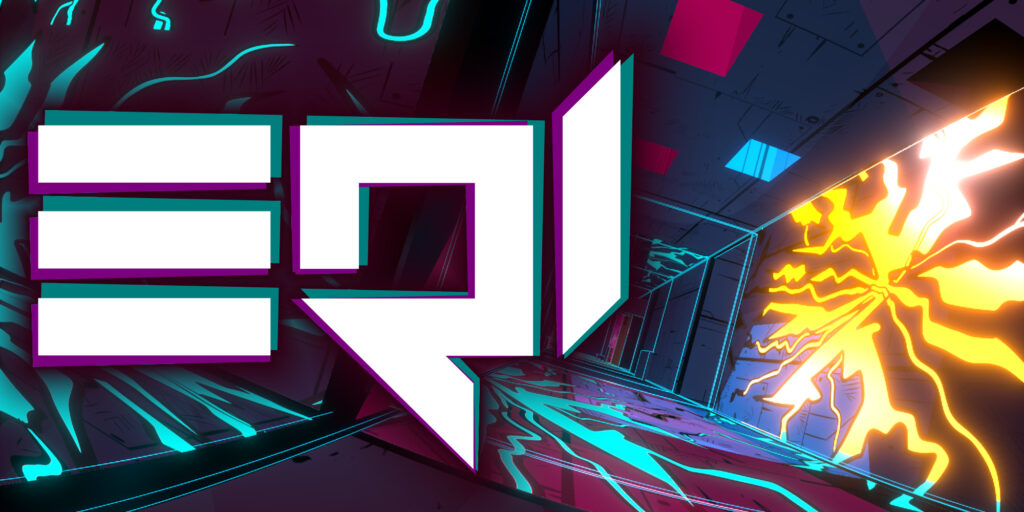
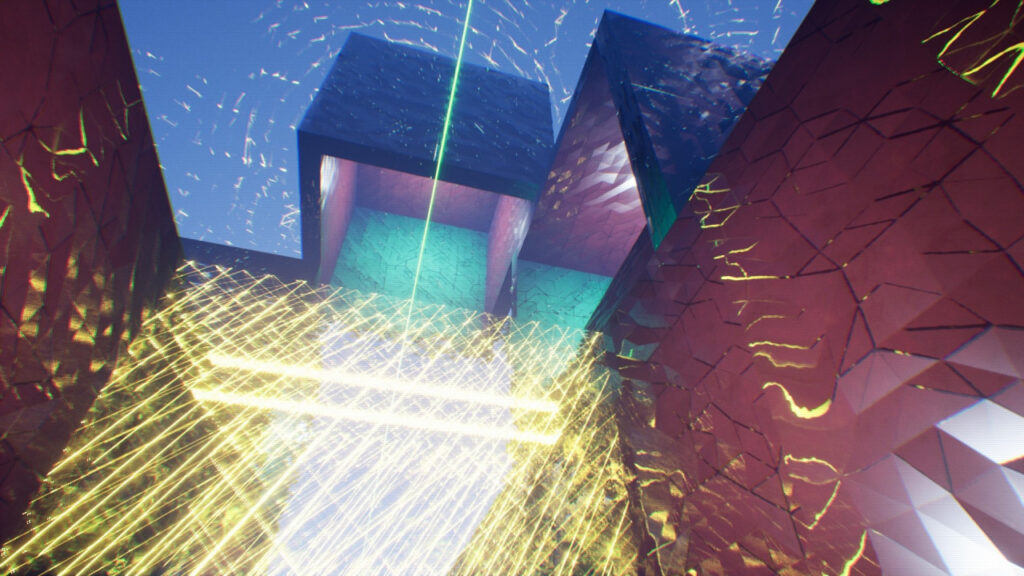
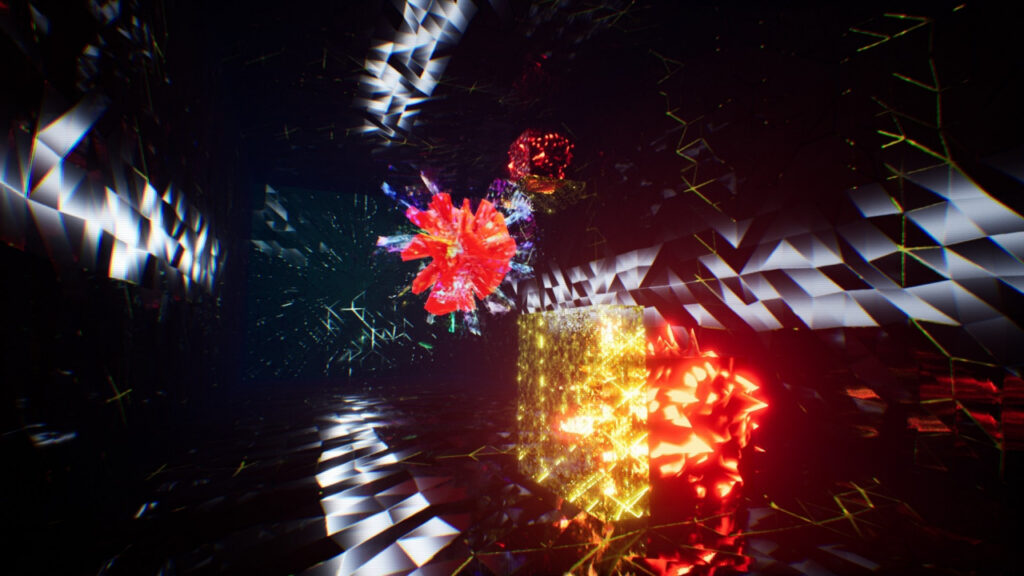
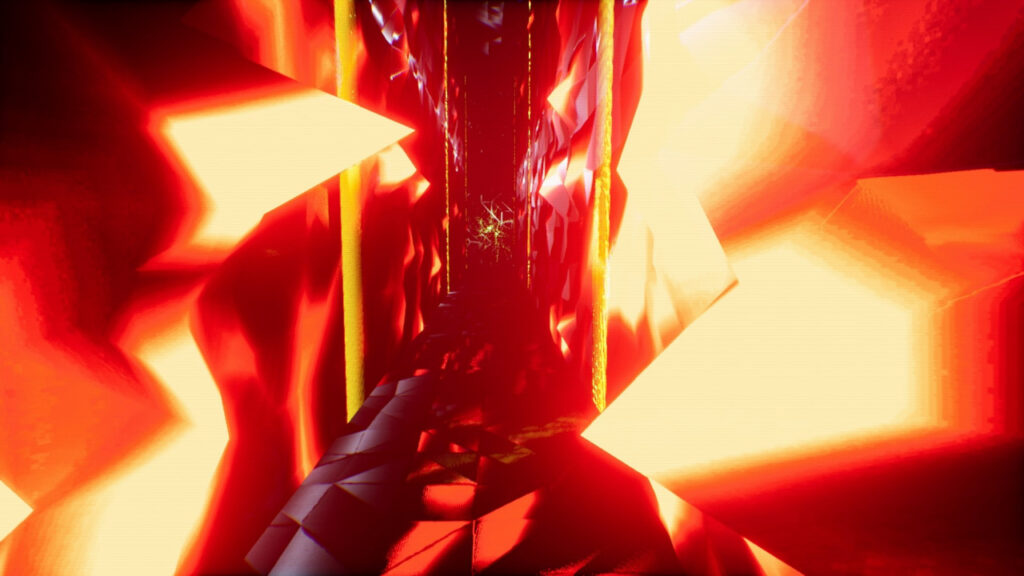
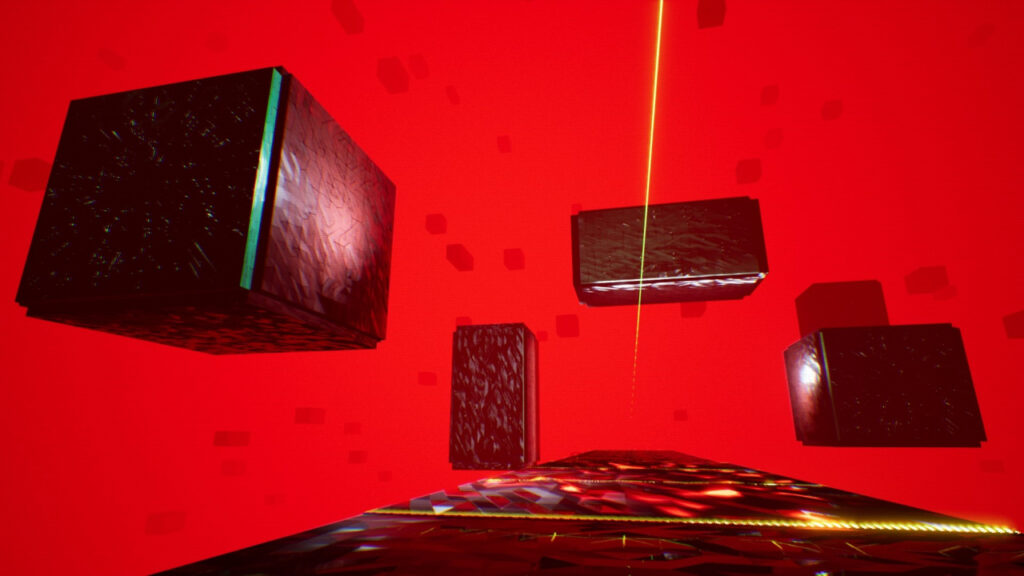



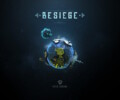
No Comments